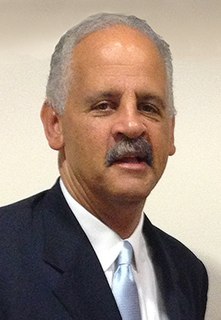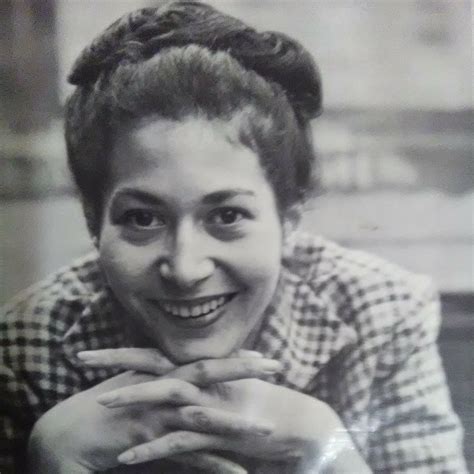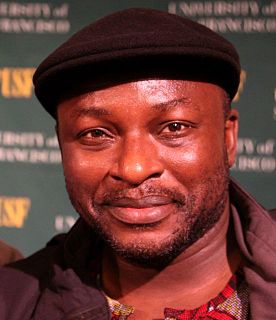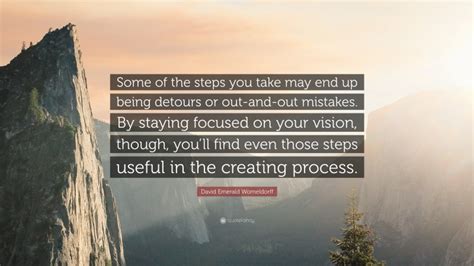A Quote by Stedman Graham
People who consider themselves victims of their circumstances will always remain victims unless they develop a greater vision for their lives.
Related Quotes
It's the first thing liberals notice about people is what group are you in! "What group do I put you in? Are you a woman? Are you lesbian? Are you straight? Are you Native American? Are you African-American? Are you a mix? What are you?" That's how they see people, because that then identifies the victim status they hold. Victims of what? Victims of America! All these people are victims of America, "the white, patriarchal majority." They're all victims of America, as the left sees them.
I don't see black people as victims even though we are exploited. Victims are flat, one- dimensional characters, someone rolled over by a steamroller so you have a cardboard person. We are far more resilient and more rounded than that. I will go on showing there's more to us than our being victimized. Victims are dead.
The question I'm always asking myself is: are we masters or victims? Do we make history, or does history make us? Do we shape the world, or are we just shaped by it? The question of do we have agency in our lives or whether we are just passive victims of events is, I think, a great question, and one that I have always tried to ask.
Though people are more important than money, I'm not convinced these large sums of money paid out to victims is the best. Listening to the some of the victims, I think we could have avoided a lot of this if the Church had humbly apologized to them, but we tried to bully some of them. I pray the victims are healed.
Many people suffer at the hands of others. The world can be unfair, at times mercilessly so. Millions of people in the world are genuine victims, right now. All of us will be at some point, whether it's for small matters or large, for a long duration or short. But we aren't all victims, not all the time anyway, not for everything.
The idea that murder victims' families are best served by continuing the cycle of violence is something that I consider to be not only a lie, but criminally negligent. You lie to victims' families when you tell them they're going to receive closure if they participate in the process and witness the execution of a human being.




































